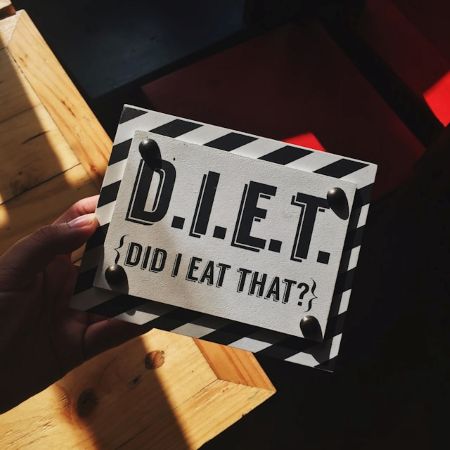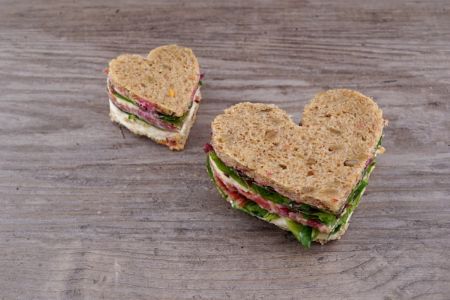How Hypnotherapy Supports Healthy Eating & Weight Loss
Quick-fix diets and flashy weight-loss programs promise transformation overnight, while many individuals struggling with eating disorders or chronic overeating are left feeling frustrated and defeated.

Beneath the surface of most eating behaviours lie complex emotional and psychological patterns — and this is where hypnotherapy may help. Not as a replacement for medical or psychological care, but as a powerful, complementary tool in a holistic approach to healing.
Understanding the Role of Hypnotherapy
Hypnotherapy is a therapeutic technique that uses guided relaxation and focused attention to help individuals access a state of awareness often referred to as a trance. In this state, the mind is more open to suggestion, allowing a trained hypnotherapist to help the person explore and reframe deep-seated beliefs, emotional triggers, and habitual behaviour related to food and body image.
Rather than relying solely on willpower or discipline, hypnotherapy works at the subconscious level — the part of the mind where many habits and emotional responses originate. For those caught in cycles of emotional eating, bingeing, or food restriction, this approach can gently unravel the underlying emotional knots tied to those behaviours.
A Complement, Not a Cure-All
It’s critical to note that for individuals diagnosed with clinical eating disorders — such as anorexia nervosa, bulimia nervosa, or binge-eating disorder — evidence-based psychological treatment and medical supervision are essential. These conditions often involve complex psychiatric and physiological components that require the expertise of doctors, therapists, and nutritionists.
In such cases, hypnotherapy should be viewed as an adjunct to professional care — not a standalone solution. When used in conjunction with conventional treatments, it may help support emotional regulation, reduce anxiety around food, and promote positive self-image.
Addressing Overeating & Weight Management
For many people who struggle with overeating, mindless snacking, or compulsive habits around food, the issue often isn’t about hunger.

More often, it’s a way to cope with stress, loneliness, boredom, or unresolved trauma.
Hypnotherapy can be particularly effective in helping individuals identify these emotional cues and develop healthier coping strategies.
Through techniques like visualisation, suggestion therapy, and cognitive reframing, hypnotherapy can help:
- Reduce food cravings by altering emotional associations with certain foods
- Strengthen motivation for physical activity and nourishing meals
- Enhance self-esteem and body acceptance
- Interrupt automatic eating patterns that occur without conscious awareness
By shifting the internal narrative — the subtle, often critical dialogue that shapes self-perception and behaviour — hypnotherapy supports long-term behavioural change rather than short-term restriction.
The Mind-Body Connection
One of the reasons hypnotherapy resonates with many seeking sustainable weight loss is its emphasis on harmony between mind and body. Rather than framing food as an enemy or weight loss as a battle, it encourages a kinder, more intuitive relationship with both.
This shift is crucial in developing not only healthier habits, but also a more peaceful mindset — one where food is no longer a source of guilt or anxiety, but of nourishment and satisfaction.
Final Thoughts
Hypnotherapy isn’t a magic bullet, nor does it promise dramatic results overnight. But when paired with medical guidance, psychological care (when needed), and a genuine commitment to self-growth, it can serve as a effective support in the journey toward better health and a more balanced relationship with food.

If you’re curious about integrating hypnotherapy into your wellness plan, consider speaking with a licensed practitioner who specialises in food and body-related concerns — ideally one who works collaboratively with your existing care team. Healing, after all, is rarely linear — but with the right support, it can be transformative.
Main – Photo by Kenny Eliason on Unsplash





